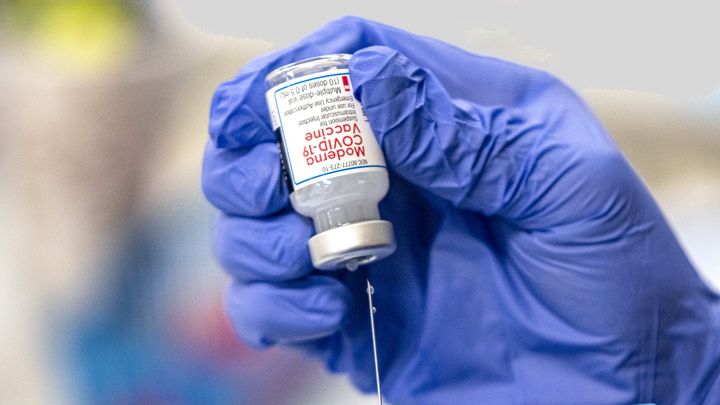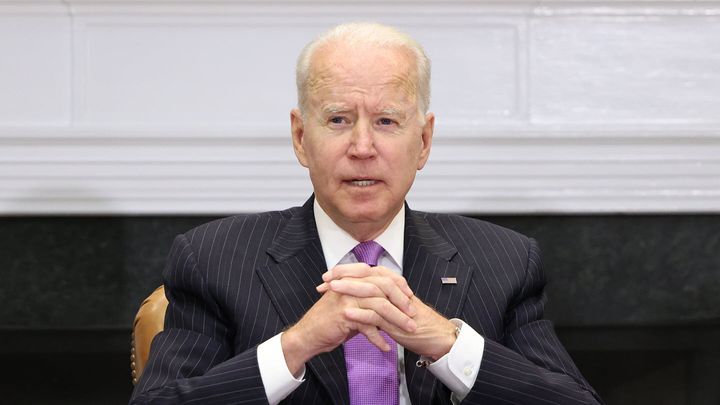Bayh-Dole
Biden Going Along With Trump's Gutting of Key Drug Price Controls

Summary
A last-minute Trump regulation would eliminate a key government authority that could be used against COVID vaccine price hikes.

